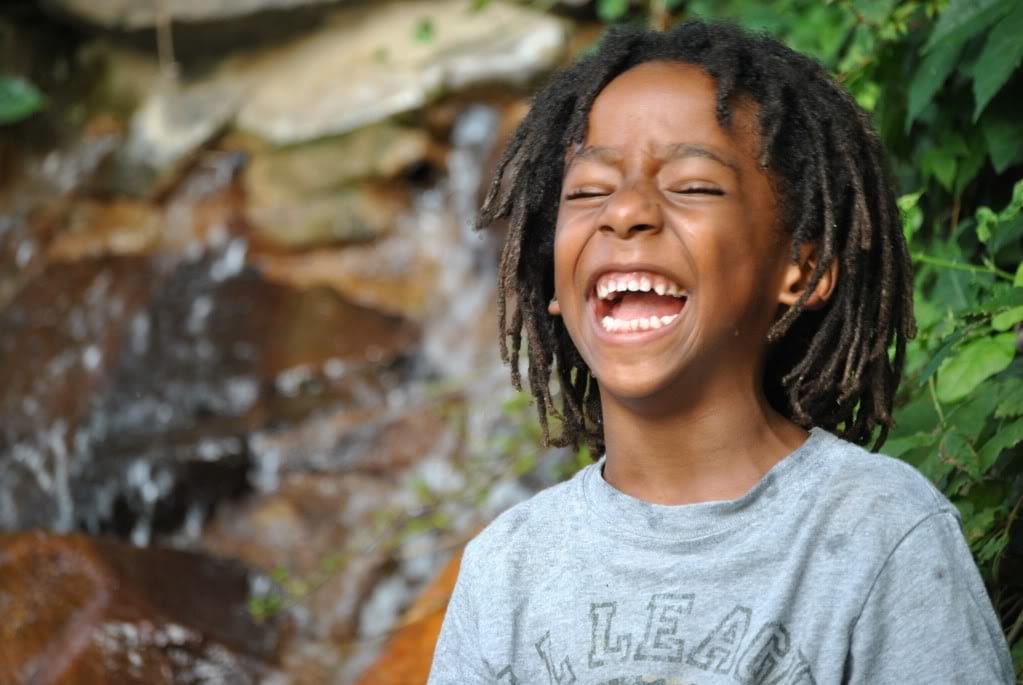
A few days ago I was writing about research conducted by the University of Vermont in which they were confirmed the six narrative arcs of western literature. An experiment that has only just begun, judging by the extensive statistics that the team has continued to compile, this time in collaboration with the University of Adelaide, in Australia.
The objective of this new phase was to bring together the happiest and saddest words in literature, or those that we Westerners directly relate to a positive or negative feeling. The result, as predictable as it is curious, is summarized in these 200 happiest and saddest words in literature.
Laugh
A few days ago, the University of Vermont was undertaking the arduous task of collect 1.700 literary works from the West and divide them according to their narrative arc. A fascinating investigation that, in turn, has led to other equally interesting aspects that directly appeal to feelings and literature.
On this occasion, they have tried to analyze 10.222 individual words and divide them according to the feeling they inspired in the reader, in order to facilitate a more specific search based on the user's mood. But how do you qualify the happiness or sadness of a word? With some common sense and the help of users of the Mechanical Turk website, who through voting obtained consolidation of the 100 saddest words in literature and the 200 happiest.
I have selected the 20 happiest and 20 saddest words from research conducted by the University of Vermont and the University of Adelaide:
Happier
- Laugh.
- Happiness.
- Love
- Happy.
- Laughed.
- Laughter.
- Laughing.
- Excellent.
- Laughs
- Joy.
- Successful.
- To win.
- Rainbow.
- Smile.
- Won.
- Pleasure.
- Smiled.
- Rainbow (plural).
- Winning.
- Celebration.
On the other hand, here we have the 20 saddest words, starting with the worst:
- Terrorist.
- Suicide.
- Rape.
- Terrorism.
- Killer. (In English, "murder" refers to the murderer who kills in a planned way).
- Death.
- Cancer.
- Killed (see the literal translation of "killed", or who has been "killed" in an unplanned way, see for a personal, animal or causes a disease. For example, a heart attack is a cause of death, or "killer " also).
- Kill.
- Dead.
- Torture.
- Raped
- Muertes.
- Arrested.
- Killing.
- Die.
- Terror.
- Jail.
- Woods.
- War.
You can consult the rest of the words In the following link.
Optimize a book based on the number of "happy" or "sad" words they would help to define more precisely the global concept of a literary work in a time when precision is the order of the day.
What is, in your opinion, the happiest word there is? And the worst?